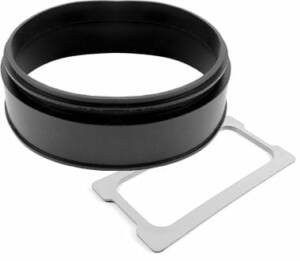custom rubber seals
custom rubber seals
The latest from our marketing experts
Why Manufacturing Website Design Is Critical to Your Business Success
WDAweronika2025-07-25T10:04:49-04:00Categories: A SEO Web Design Company, Digital Marketing, Digital Marketing for Manufacturers, Industrial Marketing, Marketing Agency Creativity, SEO for Manufacturing Companies | Manufacturer Web Designers|
In today’s industrial market, your website is more than a digital brochure—it’s your first impression. If it doesn’t quickly convey trust, professionalism, and capability, [...]
Mastering SEO: How to Create a Winning B2B SEO Campaign
WDAweronika2025-07-25T10:11:25-04:00Categories: A SEO Web Design Company, Local SEO Services for Small Business, Marketing Agency Creativity, Marketing Articles, SEO Trends|Tags: SEO Info|
With more buyers turning to search engines to guide their decisions, having a strong SEO strategy is no longer optional. Whether you’re a small [...]
Is SEO Worth It for Small Businesses? Exploring Local SEO
WDAweronika2025-07-25T10:14:34-04:00Categories: A SEO Web Design Company, Local SEO Services for Small Business, Marketing Agency Creativity, Marketing Articles, SEO Trends|
Is SEO Worth It for Small Businesses? Many small business owners wonder if investing in SEO truly pays off. When every marketing dollar matters, [...]
ADVAN SEO & Web Design Company
ADVAN is a team of talented designers, SEO experts, and marketing specialists who can make the internet work for your business. We keep a cost-effective focus on marketing and increase the number of quotes in your sales pipeline. If you’re looking for a graphic designer, web developer, or marketing agency near me, talk to our team.
Connect with us in our favorite ways
MARKETING SERVICES
CONTACT
Design Studio:
3916 Clock Pointe Trail, Suite 102
Stow, Ohio 44224
Akron Sales Office:
12 E. Exchange Street, Suite 300
Akron, Ohio 44308
© 2025 ADVAN SEO & Web Design Company | Privacy Policy | Sitemap | Website Design
*All prices are subject to change without notice.





